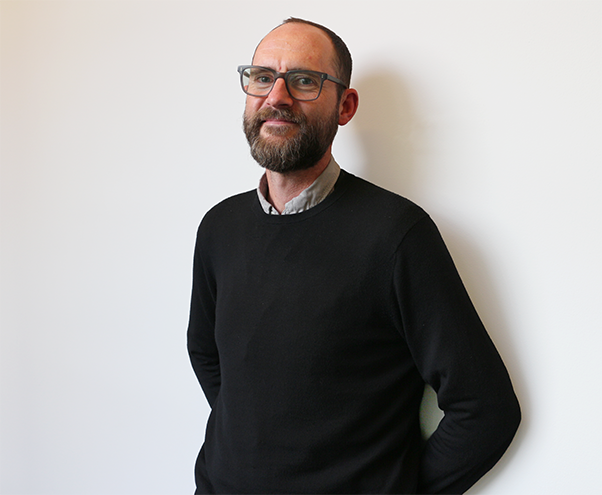
In his time at Space Syntax he has delivered projects across a wide range of domains which include:
– leading multi-disciplinary teams to produce award-winning masterplans for capital cities
– developing modelling methodologies to help better understand how urban systems support daily activities and enable long-term outcomes
– winning innovation grant funding to develop user interfaces that enable untrained users to apply advanced spatial analysis to decision-making
– publishing open datasets and research papers.
These activities aim to support the creation of resilient built environment that addresses the 21st-century challenges of climate change and health.
Ed is a member of Space Syntax’s Board of Trustees and Board of Directors.
2023 College of Experts, Department for Transport
2020 Co-Founder, IntegrAIted Digital
2019 Director General, Space Syntax KZ
2018 Co-chair, ULI Urban Tech Committee
2013 Member, DfL Design Review Panel.
2021 ISOCARP Grand Award for Excellence, Nur-Sultan 2030 Masterplan
2021 AR/MIPIM Future Projects Award, Nur-Sultan 2030 Masterplan
2006 Honorary Research Fellow, The Bartlett, University College London
2005 Member, RIBA
2005 Member, ARB.
2005 Post Graduate Diploma, Professional Practice of Architecture (Commendation)
2003 Nominated: RIBA Silver Medal
2003 Winner: RIBA South East Excellence in Design Award
2003 PG Diploma in Architecture
2000 BA (Hons) Architecture.